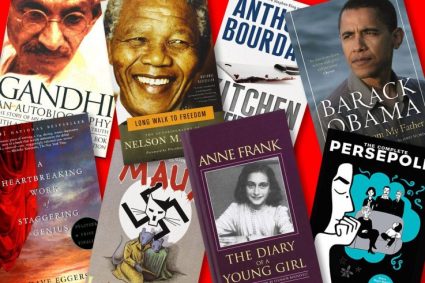
The Boxer Rebellion, a significant chapter in China’s modern history, witnessed the intervention of the Eight-Nation Alliance, which included forces from Britain and France. The motivations behind the invasion and the subsequent burning of the Summer Palace were complex, intertwined with political, economic, and cultural factors.
The Boxer Rebellion:
- Anti-Foreign Sentiment: The Boxer Rebellion emerged in response to growing anti-foreign sentiment and frustration with the perceived encroachment of Western powers in China. The Boxers, or the Righteous and Harmonious Fists, sought to expel foreign influences, including missionaries and foreign troops.
- Economic Exploitation: Western powers had established spheres of influence and concessions in China, exploiting its resources and dominating its economy. This economic imperialism fueled resentment among the Chinese population, contributing to the Boxers’ anti-foreign sentiments.
- Deteriorating Conditions: Internal strife and political instability within the Qing Dynasty created an environment conducive to popular uprisings. The Boxer Rebellion found support among those disillusioned with the government’s inability to resist foreign dominance.
- International Response: In response to the Boxer Rebellion and the threat it posed to foreign nationals, the Eight-Nation Alliance, comprising forces from Britain, France, Germany, Russia, Japan, the United States, Italy, and Austria-Hungary, intervened militarily in China in 1900.
Burning of the Summer Palace:
- Symbolic Retribution: The decision to burn the Summer Palace, known for its cultural and historical significance, was partly a symbolic act of retribution. The Summer Palace was seen as a symbol of imperial extravagance and a testament to the Qing Dynasty’s inability to defend its sovereignty.
- Punitive Measures: The sacking of the Summer Palace was intended as a punitive measure against the Qing Dynasty for its perceived support or inability to control the Boxer Rebellion. The destruction was also a means to weaken the Chinese government’s prestige and authority.
- Plunder and Retaliation: British and French forces, among others, engaged in widespread looting and destruction, partly as retaliation for perceived Chinese hostility during the conflict. The Summer Palace, with its vast treasures, became a target for those seeking retribution.
- Cultural Hegemony: The burning of the Summer Palace also reflected the prevailing Eurocentric attitudes of the time, wherein Western powers believed in their cultural and technological superiority. The act underscored a sense of cultural superiority and domination.
In conclusion, the invasion by the Eight-Nation Alliance during the Boxer Rebellion and the subsequent burning of the Summer Palace were driven by a complex interplay of political, economic, and cultural factors. The events underscored the tensions between China and the Western powers during a tumultuous period in Chinese history.






